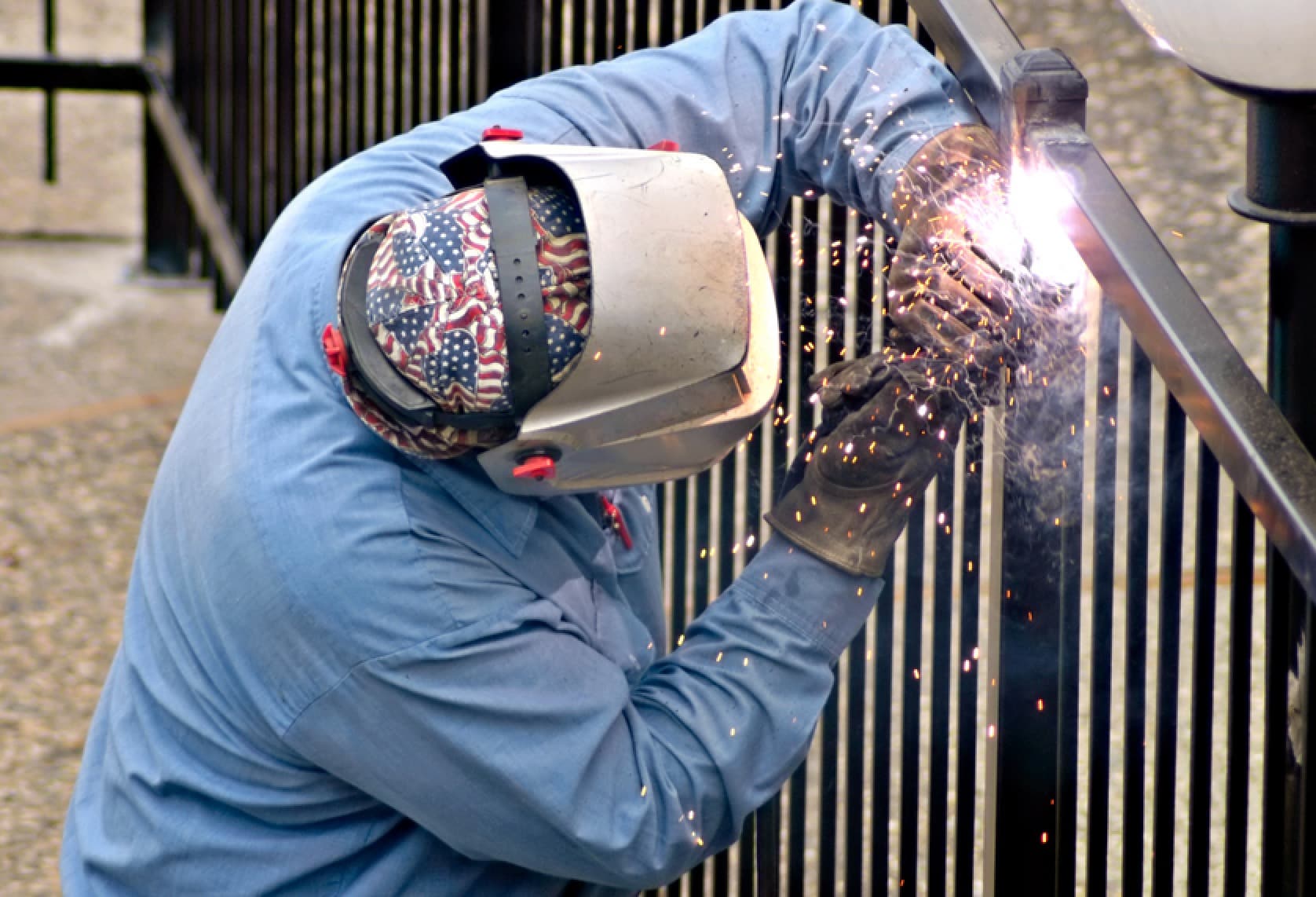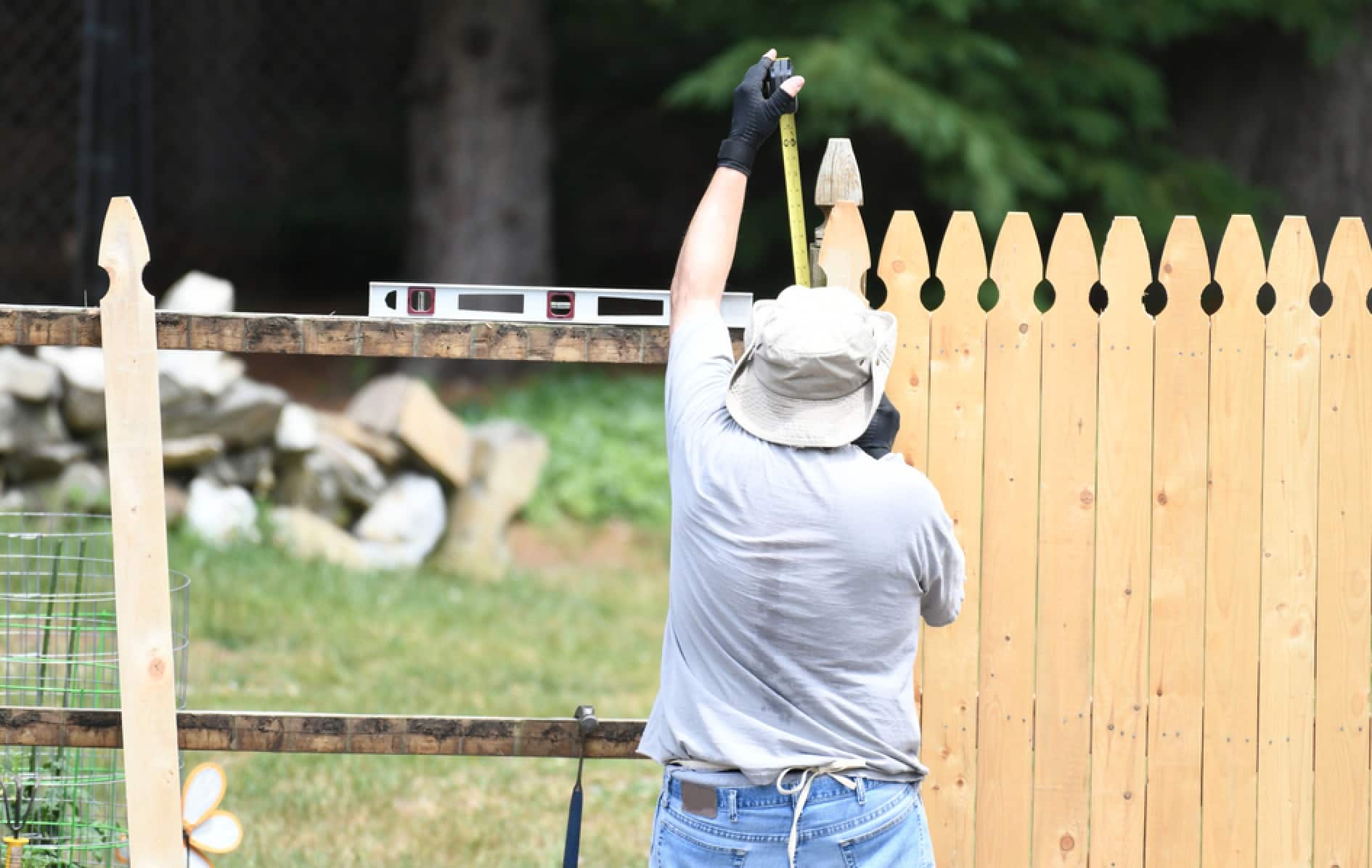| Question | Can You Put Up A Fence In Winter? |
| Answer | Possible, But Challenging |
| More Info | 1. Ground Conditions: Frozen ground or snow can make digging post holes difficult. 2. Concrete Setting: Cold temperatures can affect the setting and curing of concrete for fence posts. 3. Weather Delays: Harsh weather can delay work and affect materials. |
Winter fence installation is feasible, but it’s important to plan for potential challenges related to weather and ground conditions.
Winter Fence Installation: Plan Wisely for Success
Installing a fence in winter is entirely possible with the right approach and planning. Here’s how to do it while keeping safety and efficiency in mind.
Consider the Weather
Before diving into your winter fence project, assess the local weather conditions. Understanding the winter climate in your area is crucial.
DIY vs. Professional Installation
- If you’re planning a DIY project, evaluate whether the weather conditions and your tools are suitable for the job. Frozen ground or snow can make DIY fence installation challenging and physically demanding.
- Proper tools are essential for an efficient and safe installation. Trying to install a fence without them can lead to unnecessary effort and potential injuries.
Safety First
- In regions with harsh winters, it’s often best to postpone the project until spring unless you have significant experience and the right equipment.
- Attempting to work in extreme cold or on waterlogged ground can lead to difficulties and safety hazards.
Spring Consideration
- If you choose to wait for spring, ensure that the ground is sufficiently dry before starting your fence installation.
Professionals Can Put Up a Fence in the Winter
If you’re planning to employ someone to install a new fence, look for a professional fencing company that will be able to work in the winter months. They will have the correct tools to break through the frozen ground.
Fencing contractors will continue to work in the winter, but many people don’t realize this and think they should wait until Spring to enquire about a new fence.
It’s, therefore, possible to get your fence put up in less time during the winter. This does, however, depend on which state you live in and what the weather is like. If there’s recently been heavy snowfall, you’ll likely have to wait until it melts.
At some times of the year, it’s likely to be too cold for fence installation and for workers to be outside. It’s unlikely that you’ll find someone to install your fence if there’s lots of snow that needs to be shoveled out of the way first.
Fencing contractors can use a jackhammer, which helps them to install fencing even if the ground is frozen. They will then be able to install the posts with concrete and can add an additive that stops the concrete from freezing before it sets.
Conclusion
While installing a fence in winter is feasible, it’s not the recommended path for DIY enthusiasts. Without the right knowledge and tools, attempting this task can lead to exhaustion or injuries.
Hiring a professional fencing contractor is a viable option in winter, contingent on weather conditions. Spring is typically the peak season for these experts, so waiting for thawed ground may lead to delays.
If you’re eager to have your fence up promptly, it’s wise to consult with a fencing contractor about the possibility of winter installation. Their expertise will guide you in making the best decision for your project, ensuring a safe and efficient fence installation.

